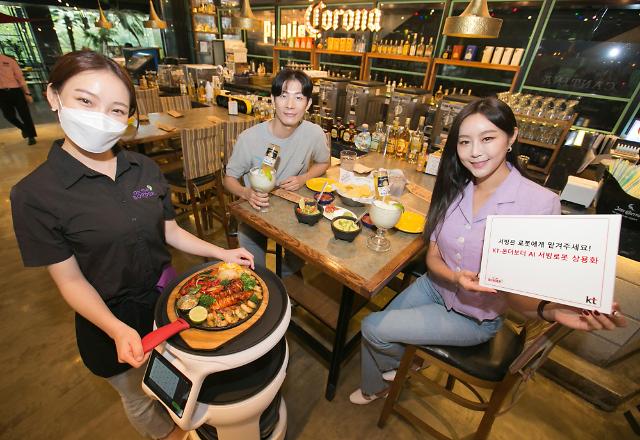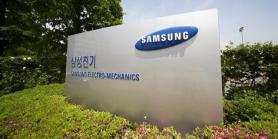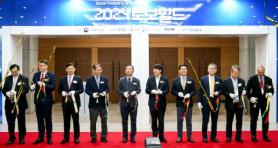
[Courtesy of KT]
Digital transformation refers to a digital changeover process adopted by traditional work-based companies to increase work efficiency and reduce labor costs using technologies such as AI and big data. For example, a hotel would adopt an AI-based room reservation system and robot servers to reduce operational costs.
By using KT's autonomous serving robots and AI-based reservation and transaction system, an automated customer service system will be established in four On the Border restaurants in Seoul and the central city of Daejeon, the telecom company said in a statement on September 8. "The partnership between KT and On the Border has signaled the opening of the food technology market," KT's enterprise customer service director Yoo Chang-kyu was quoted as saying.
The AI-based all-in-one system will help customers make reservations, place orders, and make transactions using a digital payment system. Serving robots will carry food from the kitchen to customers' tables. The automated system will be provided at all 12 On the Border stores in South Korea in the future.
A prolonged coronavirus pandemic accelerated the adoption of automated systems in South Korea in 2020. Baedal Minjok, South Korea's largest food delivery service, started a business-to-business subscription service for restaurant serving robots in 2019. The delivery service also commercialized delivery robots capable of using elevators to move between floors.
KT has used network and robot technology capabilities on the development of service robots. In 2019, the telecom company rolled out concierge robots at a hotel in Seoul to provide room services. In 2020, the company forged a partnership with a hotel franchise operated by Shinsegae, South Korea's retail giant, to offer robot butler services.
Copyright ⓒ Aju Press All rights reserved.




